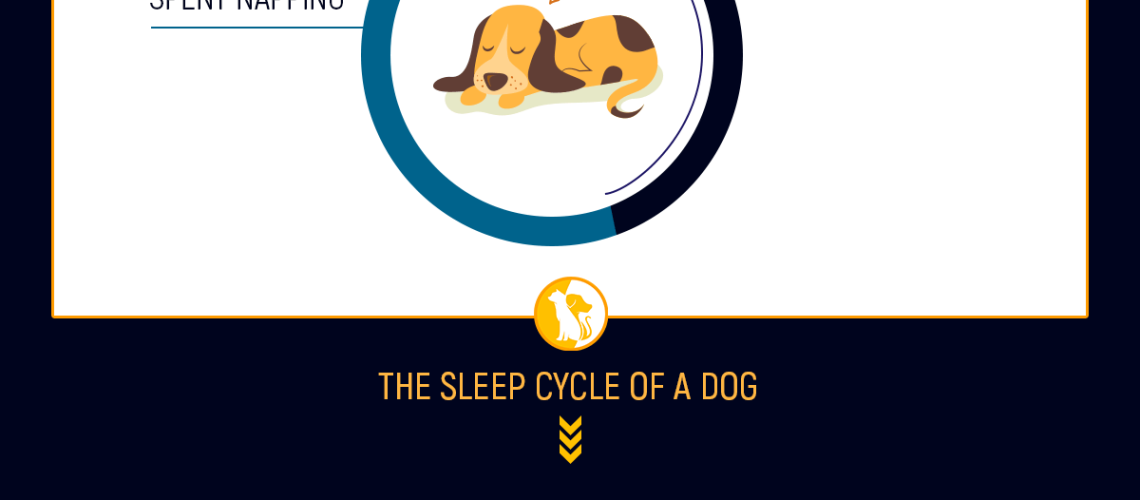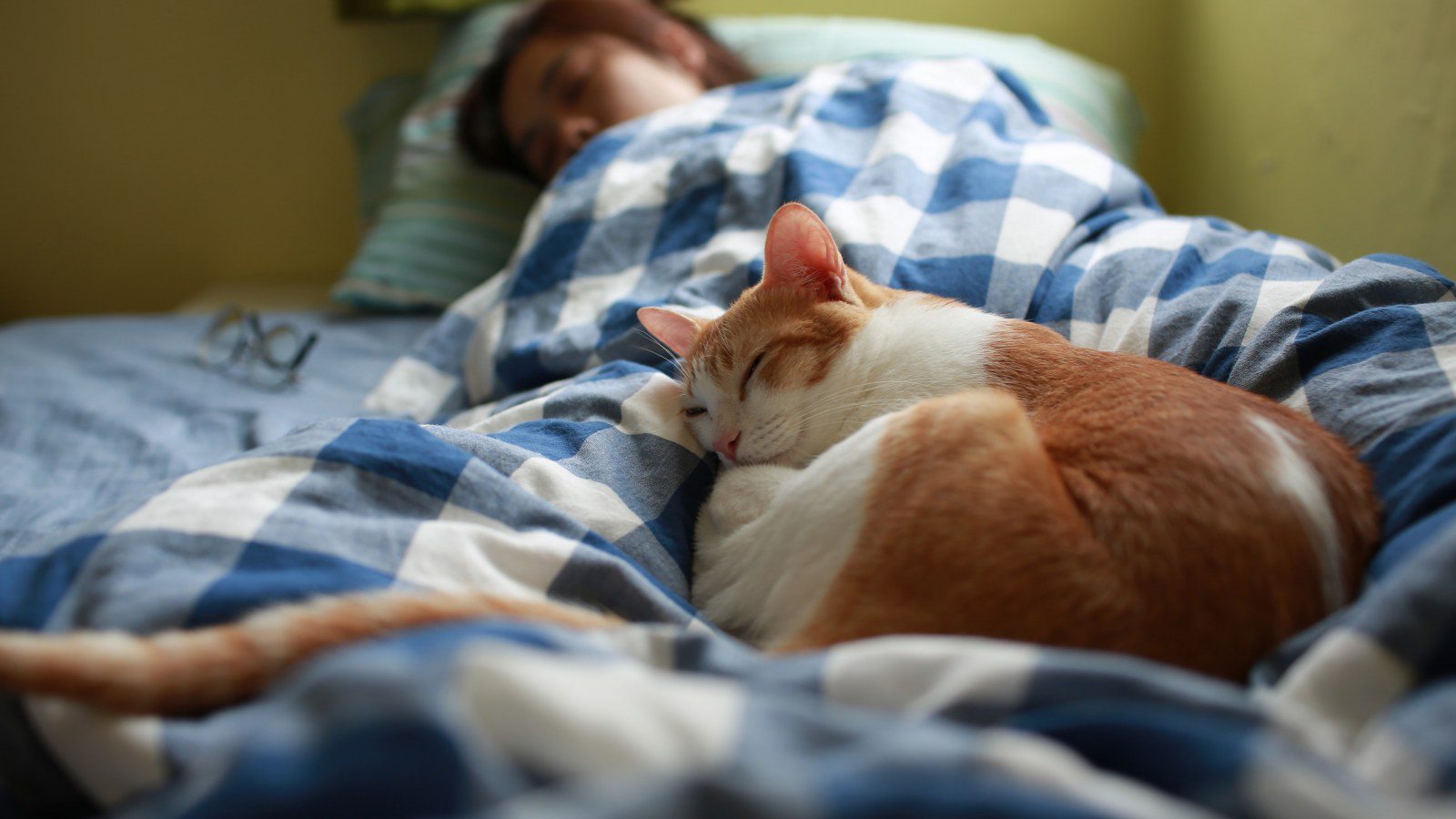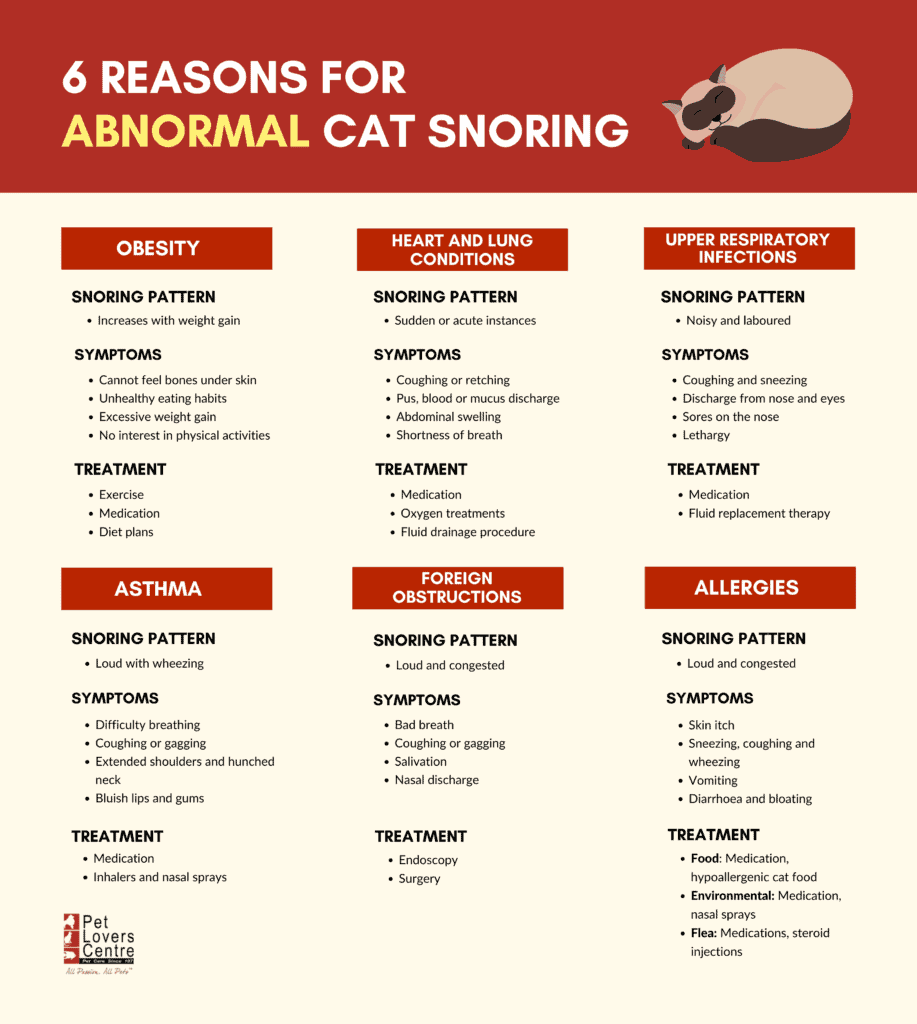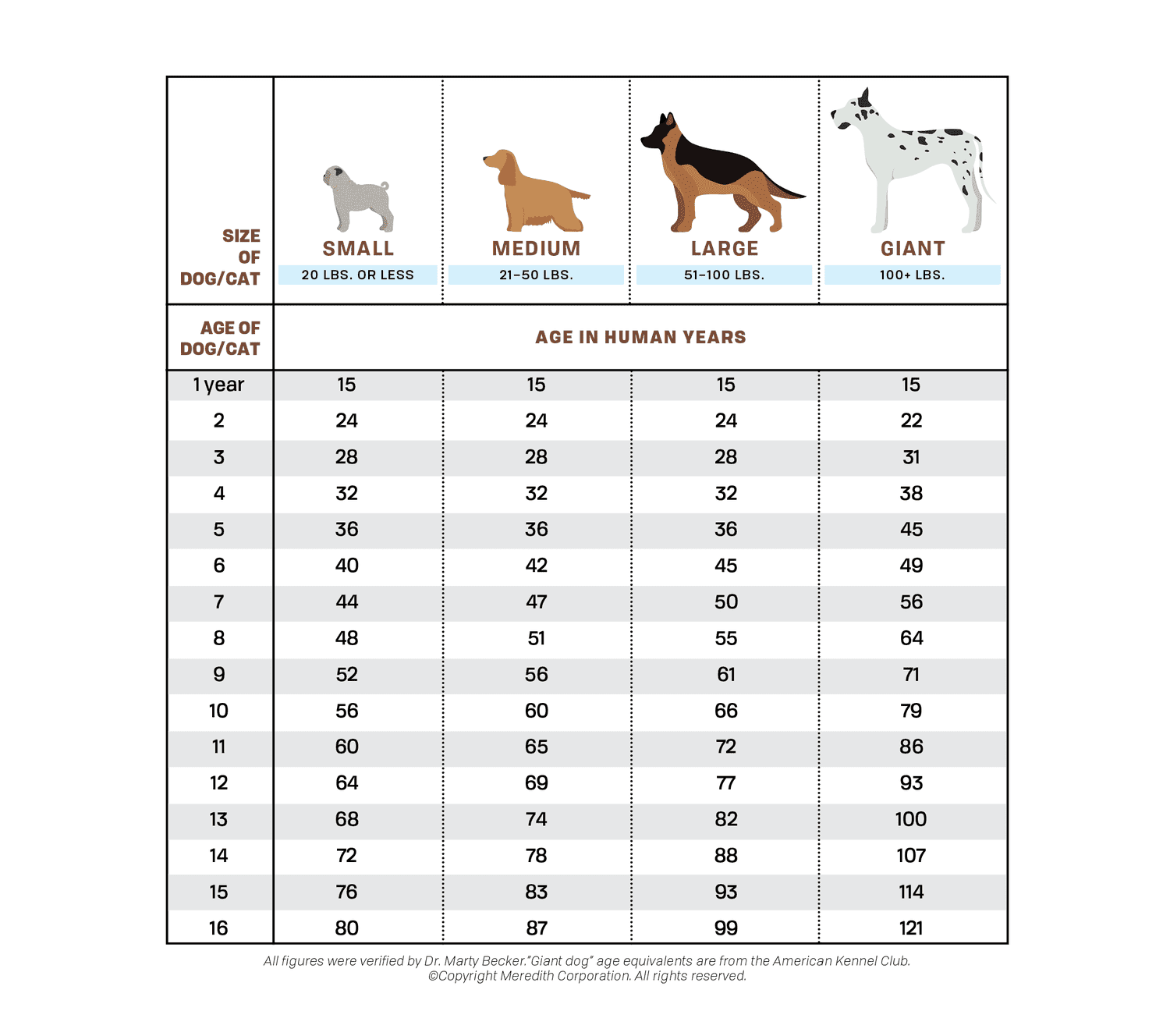Key Takeaways:
- Dogs have different sleep patterns compared to humans and typically sleep for about 12-14 hours a day.
- Sleeping is essential for dogs as it helps them rest, recover, and recharge their energy levels.
- Different factors such as age, breed, health, and activity level can influence the amount of sleep a dog needs.
- If a dog is sleeping excessively or experiencing sudden changes in sleep patterns, it may be an indication of an underlying health issue that requires veterinary attention.
- Providing a comfortable and quiet sleeping environment for your dog can promote better quality sleep and overall well-being.
Do you ever wonder why your furry friend spends most of their day snoozing away? Well, you're not alone! Understanding why dogs sleep so much can provide valuable insights into their overall health and well-being. Not only will this knowledge help you better care for your canine companion, but it will also deepen the bond between you two. So, let's embark on a journey to uncover the secrets behind your dog's sleeping habits and discover how it impacts their daily life. Prepare to be amazed by what lies beneath those closed eyes!
Why does my dog sleep so much?
It's not uncommon for dogs to sleep more than humans. Dogs have different sleeping patterns and needs compared to us. While we typically sleep for 7-9 hours a day, dogs can sleep for 12-14 hours or even more! There are a few reasons why your dog may be sleeping so much:
- Natural Instinct: Dogs are descendants of wolves, who are known to sleep a lot in order to conserve energy for hunting and surviving in the wild. Even though our pet dogs don't have to hunt for their food, this instinct still remains.
- Age: Puppies and older dogs tend to sleep more than adult dogs. Puppies need plenty of rest as they grow and develop, while older dogs might be slowing down due to age-related factors.
- Breed Differences: Some dog breeds naturally require more sleep than others. For example, large breeds like Great Danes or Mastiffs tend to be more laid-back and need extra snooze time.
The Sleep Cycle of Dogs
Dogs have a different sleep cycle compared to humans. They go through two main phases: REM (Rapid Eye Movement) sleep and non-REM sleep.
- REM Sleep: This is the phase where dreams occur. You may notice your dog twitching or moving their paws during this stage. It's an active part of their sleep cycle where their brain is highly active.
- Non-REM Sleep: This is the deep-sleep phase where your dog is completely relaxed and resting deeply. Their breathing slows down, and their body repairs and rejuvenates.
It's important to remember that every dog is different, and their sleeping habits can vary. If you're concerned about your dog's sleep patterns, it's always a good idea to consult with your veterinarian to ensure there are no underlying health issues.
Reasons why dogs sleep more than humans
Dogs have a natural tendency to sleep more than humans due to their evolutionary history and physiological differences. One reason is that dogs are descendants of wolves, who were nocturnal hunters. This means that dogs have inherited the instinct to rest during the day and be more active at night. Additionally, dogs have a higher metabolic rate compared to humans, which means they burn energy faster and need more time to recharge through sleep.
Another reason why dogs sleep more is because of their different sleep cycles. While humans have a consolidated period of deep sleep followed by REM (rapid eye movement) sleep, dogs have shorter sleep cycles with more frequent REM periods. This allows them to quickly enter into a state of dreaming and mental processing during their naps. Dogs also tend to experience shorter periods of deep sleep compared to humans.
Overall, the combination of their ancestral traits and unique sleep patterns contribute to dogs needing more sleep than humans on average.
How many hours do dogs sleep each day?
On average, adult dogs tend to sleep for about 12-14 hours per day. However, this can vary depending on factors such as age, breed, health condition, and activity level. Puppies and senior dogs may require even more sleep as they go through growth spurts or cope with age-related changes in their bodies.
It's important to note that not all of a dog's sleeping time is spent in deep slumber. Dogs often take short naps throughout the day rather than having one long stretch of uninterrupted sleep like humans do at night. These naps help them conserve energy and stay alert for any potential threats or opportunities for play.
It's crucial for dog owners to provide a comfortable sleeping environment for their furry friends, including a cozy bed or designated sleeping area where they can feel safe and secure. Ensuring that your dog gets enough quality sleep is essential for their overall well-being and helps them maintain a healthy lifestyle.
Do puppies sleep more than adult dogs? Why or why not?
Yes, puppies do tend to sleep more than adult dogs. This is because puppies are in a phase of rapid growth and development. Sleep plays a crucial role in their physical and mental development, allowing their bodies to recharge and their brains to process new information.
Puppies have smaller energy reserves compared to adult dogs, so they need more frequent periods of rest to replenish their energy levels. Additionally, the growth hormones released during sleep contribute to their overall growth and maturation.
Furthermore, puppies have shorter attention spans and can easily become overwhelmed by stimuli in their environment. Sleep helps them regulate their emotions and prevent overstimulation. It also aids in the formation of positive behaviors as they learn through repetition during waking hours.
As puppies age and reach adulthood, their sleep patterns gradually align with those of adult dogs. They require less sleep as they become more independent and adapt to a regular routine.
In conclusion, puppies sleep more than adult dogs due to their rapid growth, limited energy reserves, emotional regulation needs, and the essential role that sleep plays in their development.
Health conditions that can cause excessive sleeping in dogs
Excessive sleeping in dogs can be a sign of an underlying health condition. One possible cause is hypothyroidism, which occurs when the thyroid gland doesn't produce enough hormones. This can lead to lethargy and increased sleepiness in dogs. Another potential health issue is diabetes. Dogs with diabetes may experience fatigue and excessive sleeping due to their body's inability to properly regulate blood sugar levels. Additionally, certain medications or treatments, such as chemotherapy, can cause drowsiness and increased sleep in dogs. If you notice that your dog is sleeping more than usual, it's important to consult with a veterinarian to determine the underlying cause.
Hypothyroidism
Hypothyroidism is a condition where the thyroid gland doesn't produce enough hormones. The thyroid hormones play a crucial role in regulating metabolism and energy levels in the body. When there is a deficiency of these hormones, dogs may experience symptoms such as weight gain, hair loss, and increased sleepiness. Hypothyroidism can be diagnosed through blood tests and managed with medication prescribed by a veterinarian.
Diabetes
Diabetes is another health condition that can contribute to excessive sleeping in dogs. In diabetes, the body either doesn't produce enough insulin or cannot effectively use it. This leads to high blood sugar levels, which can result in fatigue and lethargy. Other symptoms of diabetes in dogs include increased thirst, frequent urination, and weight loss despite increased appetite. Treatment for diabetes typically involves insulin injections or oral medications prescribed by a veterinarian.
Other Possible Causes
In addition to hypothyroidism and diabetes, there are other potential causes of excessive sleeping in dogs. These include certain medications or treatments that have sedative effects on the body. For example, some pain medications or chemotherapy drugs can cause drowsiness and increased sleepiness in dogs. It's important to discuss any medications or treatments your dog is receiving with a veterinarian to determine if they could be contributing to excessive sleeping.
Signs that indicate your dog may be sleeping too much
While dogs naturally sleep more than humans, there are signs that can indicate when a dog is sleeping excessively. One sign is a significant increase in the amount of time your dog spends sleeping. If you notice that your dog is consistently sleeping longer than usual and seems difficult to wake up, it may be a cause for concern. Another sign is a lack of energy or enthusiasm during waking hours. If your dog appears lethargic or uninterested in activities they usually enjoy, it could be a sign that they are oversleeping.
Increased Sleep Duration
If you observe that your dog is spending an unusually long time asleep, it may indicate excessive sleeping. While the exact amount of sleep needed varies by breed and age, most adult dogs typically sleep around 12-14 hours per day. Puppies and older dogs may require even more sleep. However, if you notice a significant increase in the duration of your dog's sleep without any apparent reason, it's worth discussing with a veterinarian.
Lack of Energy
A lack of energy or enthusiasm during waking hours can also suggest that your dog is oversleeping. Dogs are generally active and excited about their daily routines. If you notice a sudden decrease in their energy levels or reluctance to engage in activities they usually enjoy, it could be due to excessive sleepiness. Monitoring changes in behavior and consulting with a veterinarian can help determine if there are underlying health issues causing this change.
Tips to ensure your dog gets enough rest without oversleeping
Ensuring that your dog gets enough rest is essential for their overall well-being. However, it's equally important to prevent them from oversleeping. Here are some tips to help strike the right balance:
Establish a Routine
Creating a consistent daily routine for your dog can help regulate their sleep patterns. Set specific times for meals, exercise, and playtime. By providing structure and predictability, you can help your dog establish healthy sleep habits.
Provide Mental Stimulation
Mental stimulation is crucial for keeping dogs engaged and preventing excessive sleeping. Offer interactive toys, puzzle games, or training sessions that challenge their minds. This mental exercise will keep them mentally active and less likely to oversleep out of boredom.
Interactive Toys
Interactive toys such as treat-dispensing puzzles or toys that require problem-solving can provide mental stimulation for your dog. These toys encourage active engagement and prevent boredom, which can lead to excessive sleeping.
Training Sessions
Regular training sessions not only help in teaching commands but also keep your dog mentally stimulated. Incorporate short training sessions into their daily routine to keep their minds active and prevent excessive sleepiness.
By following these tips and monitoring your dog's sleep patterns, you can ensure they get enough rest without oversleeping. Remember that every dog is unique, so it's essential to consult with a veterinarian if you have concerns about your dog's sleeping habits or overall health.
In conclusion, dogs sleep a lot because it helps them recharge and stay healthy. Just like humans, they need plenty of rest to stay happy and active during their waking hours.
Is it normal for a dog to sleep 20 hours a day?
Dogs typically sleep for about 12 to 14 hours each day, while puppies and older dogs may sleep for 18 to 20 hours. Adult dogs, on the other hand, only require around eight to 12 hours of sleep per day.
When should I worry about my dog sleeping a lot?
If your dog appears sluggish or disinterested in people or other animals, it may be necessary to take them to the vet. Changes in their environment should be considered if they seem to be sleeping more than usual. Even minor changes in their daily routine can have a significant impact on their sleep patterns.
How much sleep do dogs need by age?
What is the reason for older dogs sleeping more? The sleep requirements for dogs vary depending on their age. Puppies (0-12 months) need around 18-20 hours of sleep, adult dogs (1-6 years) need 8-14 hours of sleep, and senior dogs (6+ years) need around 18-20 hours of sleep.
Are dogs happy just laying around?
If your beloved Rover appears to have lost interest in life and spends most of their time lying around the house, they may be experiencing depression. This is particularly likely if they have recently experienced a major life change, such as the loss of another pet in the household, which they may be mourning.
How do I know if my dog is depressed?
Dogs that are feeling depressed may display signs such as decreased interest in activities, loss of appetite, heightened irritability, and an unusually clingy or needy demeanor. To enhance your dog's mood, it can be beneficial to provide them with ample exercise, playtime, and mental stimulation.
Do dogs like sleeping with humans?
The presence of a dog in bed provides a sense of comfort and coziness, as both you and the furry, affectionate animal enjoy the companionship of lying together. This contributes to the warm and inviting atmosphere that many dog owners find comforting.

















